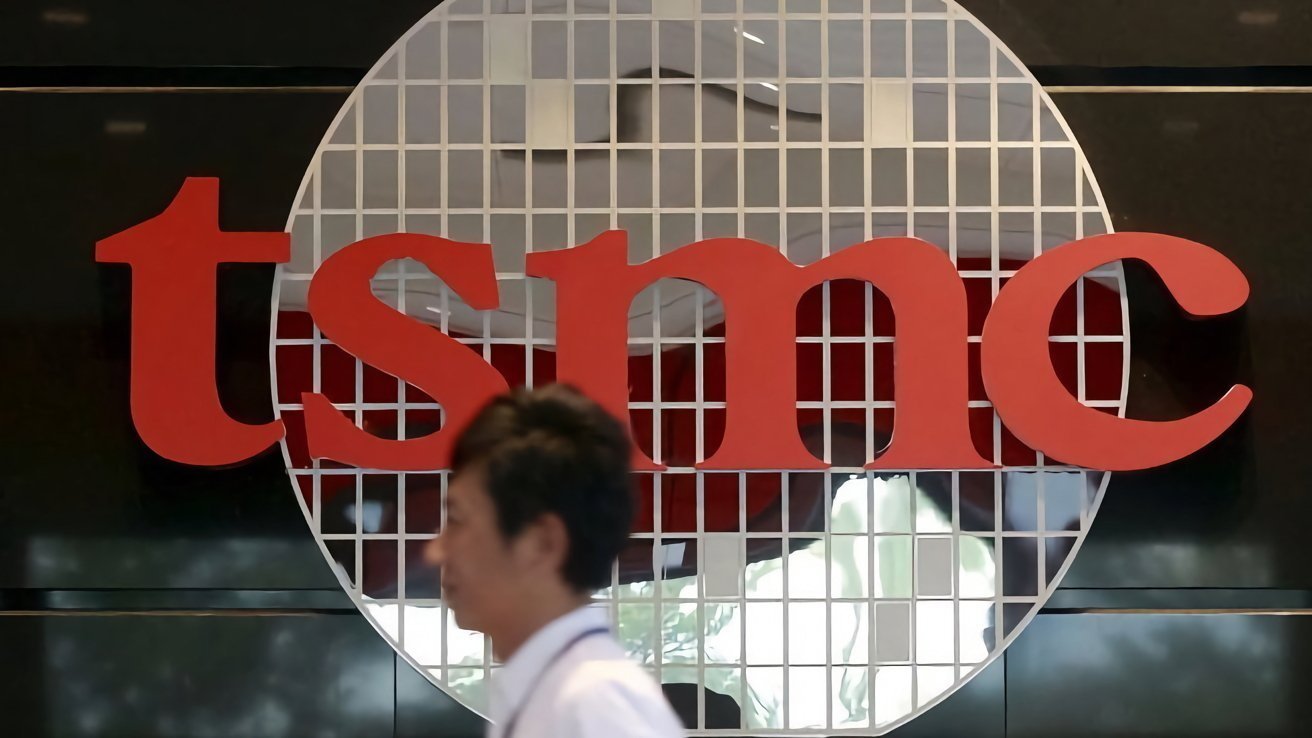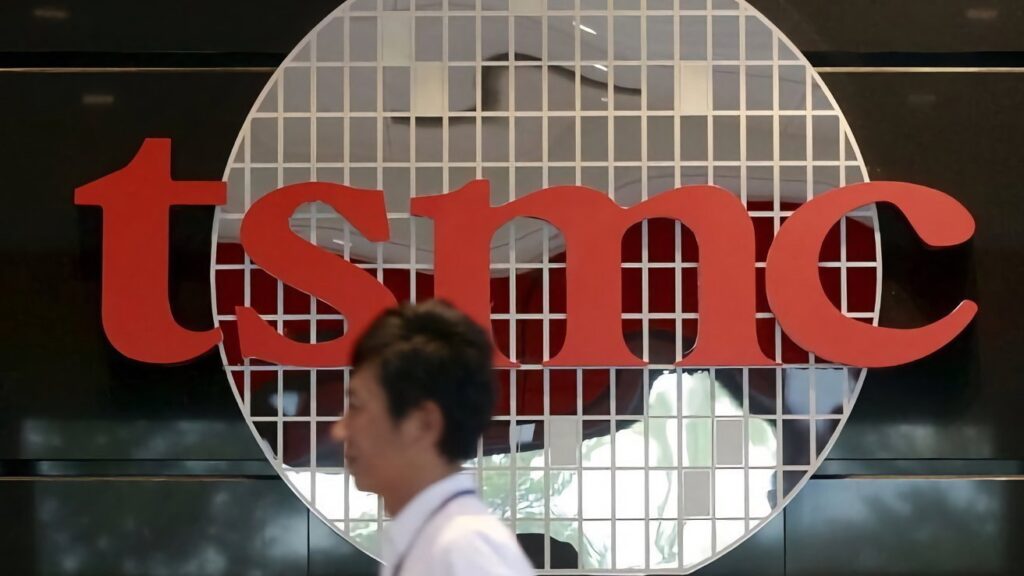TSMC factory sign – Image courtesy of TSMC

A U.S. Department of Commerce investigation into possible sanctions violations by TSMC could spell trouble for Apple, whose chip partners could ultimately face fines that hurt production of chips for iPhones and Macs. be.
The United States imposed sanctions on Huawei in 2020, blocking the company from accessing components of American companies without approval from the Department of Commerce. The move also prevents Huawei from using chips made with U.S.-made equipment, a restriction that could pose problems for TSMC and even Apple.
The U.S. Department of Commerce contacted TSMC in early fall. information It claims to be asking whether the chipmaker was involved in manufacturing smartphone chips or AI chips for Huawei.
The question appears to be an early step in an investigation into whether TSMC willingly supplied chips to Huawei in violation of export rules.
According to people familiar with the matter, TSMC is believed to have contracted with an intermediary company that misrepresented Huawei as a customer. TSMC will be required to conduct due diligence to ensure the order is legal, and the investigation could determine whether TSMC’s checks are sufficient to remain legal.
When sanctions were imposed on Huawei, TSMC announced it had stopped taking new orders from the Chinese tech company.
If this is true, TSMC could face penalties, including its own sanctions. The latter could be more damaging, as it could directly impact the production of chips for customers, including Apple.
If TSMC were temporarily blocked from accessing U.S. technology and equipment, it could be unable to move forward with production on new lines or maintain existing lines. This could put products such as Apple’s mobile chips at risk of being severely restricted.
If that happens, Apple may have to find another chip partner for the time being. However, given Apple’s manufacturing scale, this could be time-consuming and extremely costly.
Such penalties can have an even greater impact. TSMC’s facility in Arizona is still under construction, and a blockage would immediately halt progress.
The facility’s political component may help ward off sanctions against the Commerce Department. In April, TSMC secured a $6.6 billion Chip Act grant from the Department of Commerce to continue chip investment in Arizona.


